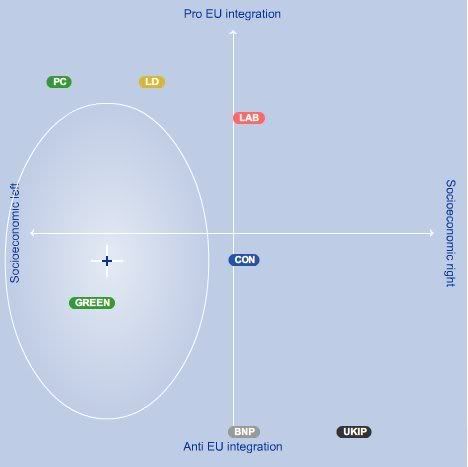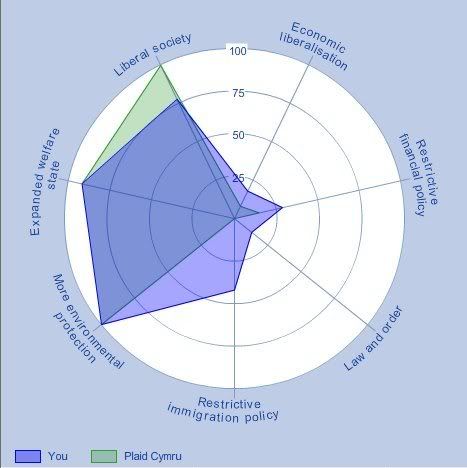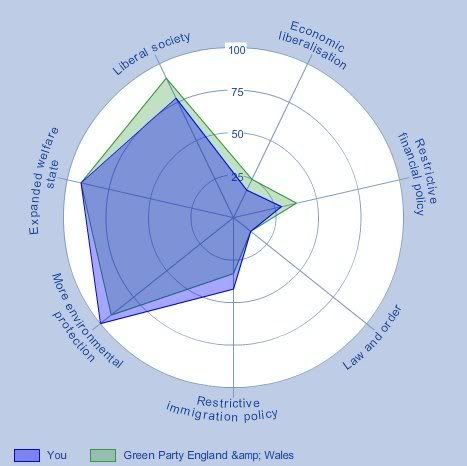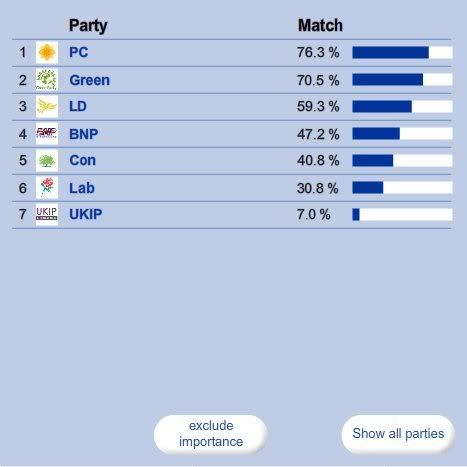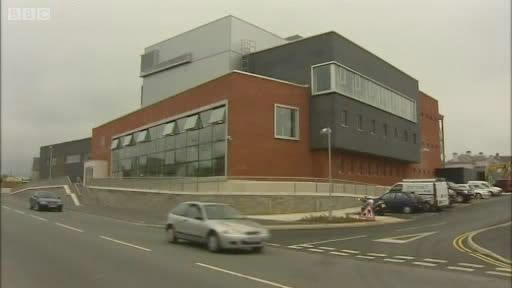Cymru Yfory yesterday issued a press release to make public a letter they had sent to the All Wales Convention, taking issue with the way it was presenting the options in the Referendum on primary lawmaking powers to the public:
Cymru Yfory Letter
Cymru Yfory Press Release
Please read both in full, but the central point at issue is this:
Sir Emyr told the audience that if a referendum was held, the people of Wales had two choices. The first, he said, was to do nothing and wait for extra law-making powers to gradually devolve from Westminster. Alternatively, voters could decide to transfer extra powers in one go.
He is indeed technically right to portray the choice in this way, but in practical terms what he describes as "gradual" devolution of lawmaking powers will take decades, if indeed it ever does, to deliver the range of lawmaking powers that we would get if we vote "Yes" in the referendum.
-
To add to Cymru Yfory's criticism, another point that I would take issue with is the AWC's reference to "full" law making powers. Even their most basic statement of the choice involved says:
Options for devolution
The options are either to retain the current powers or to move towards full law making powers, which would require a referendum.
AWC Website
To use the term "full" implies that voting "Yes" in the referendum would give the Assembly the ability to legislate on any matter it chooses, but that is very far from being the case. In the first instance it would only give the Assembly the power to legislate in the twenty areas for which it already has devolved administrative responsibility, but (and more importantly) even within those twenty areas there is a huge raft of exceptions and exclusions set out in Schedule 7 of the GoWA 2006.
In my opinion it would be better to use the more accurate term "primary" law making powers (within limits already agreed with Westminster) rather than "full" law making powers.
So although Cymru Yfory has rightly pointed to the AWC using language to imply that the status quo is delivering more than it actually does, it also seems to be using language to imply that what we will get if we vote "Yes" in the referendum is more far reaching than it actually is.

